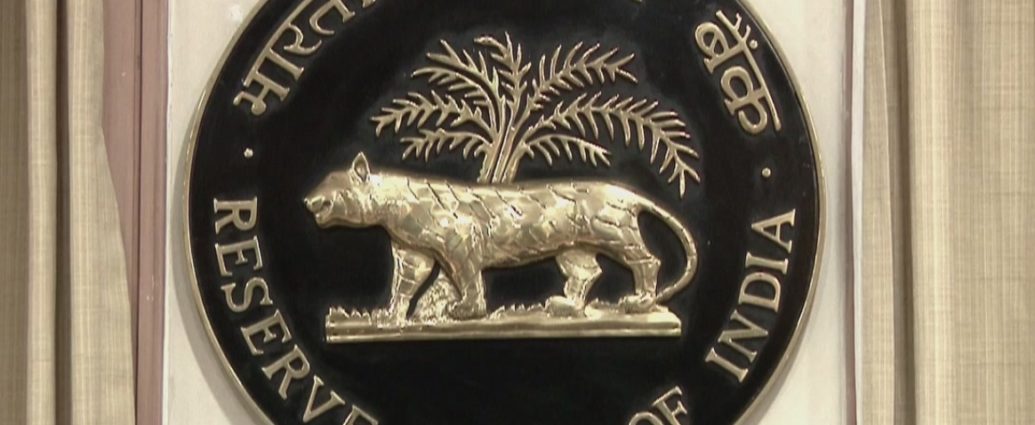TLI Staff
New Delhi: Within weeks of Modi government giving Rs 1.45 lakh crore tax bonanza to companies, RBI on Friday cut lending rate by another 25 basis points to spur growth and investment.
The fifth straight cut in lending rate in the year is expected to make loans cheaper for both corporates and consumers. It is, however, a matter of concern that record reduction in repo rate has failed to spur growth which slipped to 5 per cent in April-June quarter.
Repo rate is the rate at which the central bank lends to commercial banks like SBI, PNB, Indian Overseas Bank and Uco Bank among others. The lower repo rate is intended to encourage commercial banks to borrow from RBI and lend it to customers — companies and individuals.
But both companies and individuals have been complaining of banks not passing on the benefits of lower repo rate. Many economists maintain that low transmission of reduced repo rate is one of the key reasons economy has failed to grow at intended pace.
Not surprisingly, vehicle sales have been negative for the last one year while inventory in the housing sector has been rising.
With macro economic indicators showing negative business and consumer sentiments, the RBI has cut its GDP growth forecast for current financial year 2019-20. It now expects the economy to grow at 6.1 per cent, massive downgrade compared to 6.9 per cent projected just two months back.
Clearly, investors expected the RBI to go for sharper cut in the repo rate and gave their thumbs down to the lower rate cut. Both Sensex and Nifty closed 1 per cent lower on Friday. While BSE Sensex closed 433.56 points lower on Friday over the previous close, the Nifty shed 139.25 points.
Repo rate is the key tool used by RBI to control consumer prices or inflation as measured by consumer price index (CPI). Since inflation has been very low, RBI has had enough space to cut repo rate. The central bank hopes that inflation would remain below 4 per cent, the upper range, and hence it could further cut the lending rate to revive growth.
In an official statement, RBI said that it had reduced the policy repo rate under the liquidity adjustment facility (LAF) by 25 basis points to 5.15 per cent with immediate effect.
A 25 basis point means 0.25 per cent.
“The MPC (Monetary Policy Committee) also decided to continue with an accommodative stance as long as it is necessary to revive growth, while ensuring that inflation remains within the target,” the RBI said.
All members of the MPC voted to reduce the policy repo rate and to continue with the accommodative stance of monetary policy. While MPC members Chetan Ghate, Pami Dua, Michael Debabrata Patra, Bibhu Prasad Kanungo and Shaktikanta Das voted to reduce the repo rate by 25 basis points, Ravindra H. Dholakia voted to reduce it by 40 basis points.
The central bank hopes that the booster dose announced by the government in the last two months would support growth.
“Several measures announced by the government over the last two months are expected to revive sentiment and spur domestic demand, especially private consumption,” it said.
The RBI further said that while the recent measures announced by the government are likely to help strengthen private consumption and spur private investment activity, the continuing slowdown warrants intensified efforts to restore the growth momentum.
On the impact of its own measures to accelerate growth since February this year, the RBI said that the monetary policy moves are expected to gradually feed into the real economy and boost demand.
From the RBI assessment, it is however clear that economy may not be on fast track in the Q3 of the current fiscal.
“The business expectations index of the Reserve Bank’s industrial outlook survey shows muted expansion in demand conditions in Q3,” the Bank said in a statement.
Also read | Modinomics falls flat, GST mop-up and other data point to deep slowdown
Also read | Sops for corporates to add production when it is already in excess
Also read | Modi Govt extends Rs 1.45 lakh crore concession to corporate India, political rivals take a dig

